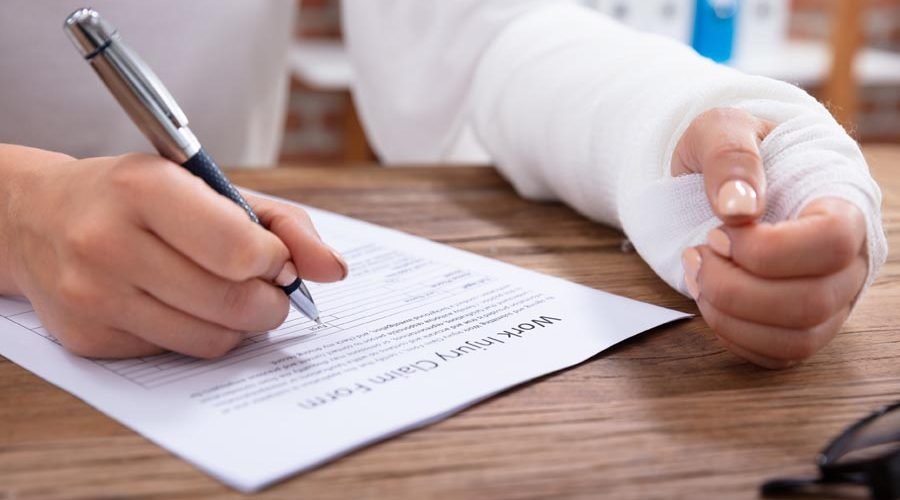If you’re an American or live in the United States, you would be aware of the sheer number of personal injury lawsuits every year. There can be several reasons a person files for personal injury compensation, namely medical malpractice, car accidents, slip and fall incidents, or workplace accidents. However, not many make it to the full recovery of compensation and damage claims due to a lack of organization.
As per recent statistics, about 95% of personal injury cases do not reach the stage of trial in court, with most cases being settled outside. The main cause of the out-of-court settlement is trying to avoid lengthy procedures. Unfortunately, such settlements end up with far less compensation than the recipients were due. If you’re about to file a personal injury lawsuit yourself, it is highly advised to take a few measured steps to ensure you have a strong case that cannot be ignored or dismissed.
How can you become part of the 5% that wins the best verdict?
This blog will address a few expert tips to help you build a solid case that can help you receive fair compensation for your medical bills, property damage, asset loss, trauma, and inconvenience. Let’s get started.
- Choose the best lawyer for your case: Appointing the right personal injury lawyer is vital to the verdict of your personal injury lawsuit. It is fundamental for the case to choose a lawyer who has an extensive network of contacts and the experience to help you win. Additionally, they must know how to navigate grey areas about the incident in case there is not enough time between the statute of limitations. A good lawyer will be able to help you recover soundly while they take care of all the particulars.
- Maintain transparency with your lawyer: When you begin to explain the case to your appointed lawyer, make sure that you maintain open and honest communication with them. Hiding or skimming over crucial events and observations can weaken your case in the long run if the defendant uses such information in stealth. Your lawyer needs to know all the facts about your case, including any slip-ups on your part.
- Document the event: Documentation is the one aspect that can make or break the case since the onus of proof is at play. Your lawyer will help you collect all evidence, but make sure that you provide them with a detailed account of all the events that conspired to the personal injury. If you sustained any injuries, your family members, and especially kids, make sure to record that. If you were denied healthcare, record the evidence for your medical malpractice law firm to use. Take clear and detailed photographs of the site, people involved, injuries sustained, and medical bills.
- Take the help of a medical expert: If your incident involves not receiving medical help or medical malpractice, you need to have an expert opinion on the evidence collected. It’s best to have your lawyer connect with a forensics or medical expert to determine and document negligence or malpractice so that the responsible professionals can be brought to justice.
- Avoid speaking to insurance providers: For all means and purposes, do not speak to any insurance providers before you discuss the particulars with your lawyer. They will be able to speak with the insurance company and get you the best treatment possible. However, it’s a good reminder that insurance companies are not our friends and have vested interests in medical claims.
- Let your lawyer negotiate: If the defendant approaches to negotiate or speak with you before the trial, ensure that your lawyer is the point of contact. They will be able to handle such communications cleanly and transparently.
- Consider if you wish to settle outside of court: Many families affected by personal injuries choose to settle outside of court, which may not always be a bad idea. Since lawsuits can be time-consuming and expensive, let your lawyer consider the pros and cons of settling vs. going to court. If the compensation is more substantial than the amount determined by the judge, it may be a good idea to take it. Read the documents carefully before signing any of them.
Final Word:
A personal injury lawsuit can be an entire ordeal if you’re not prepared with the right resources. Many Americans get burnt out or hit a cash crunch when fighting their case, which often happens if you haven’t been organized from day one. Make sure that you hire the right law firm to represent you so that you can focus on your recovery while they work on winning.





